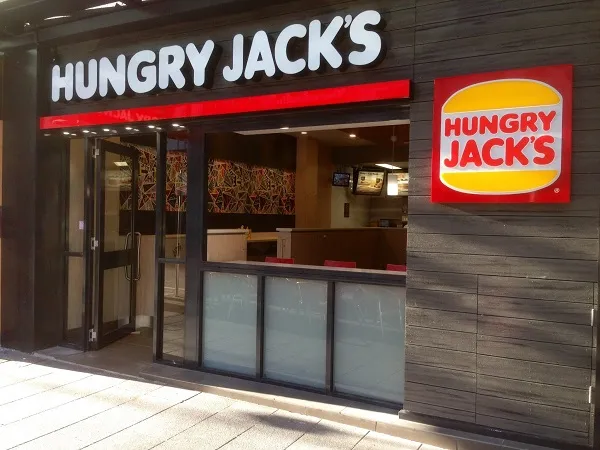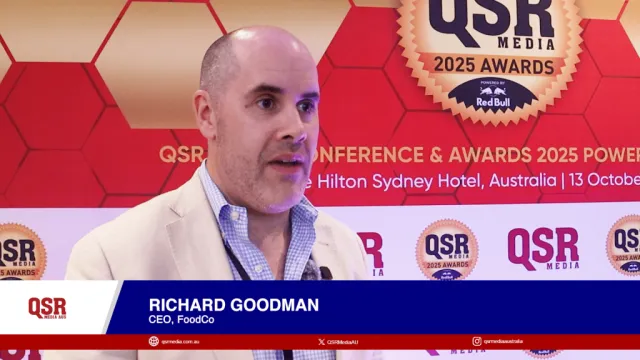
Competitive Foods responds to latest financial report, cites “one-time” expenses and loss of supermarket contract among reasons for profit drop
Rising electricity rates also contributed to the increase of their day-to-day costs.
Competitive Foods, the exclusive operator of 430 Hungry Jack’s restaurants, has reported a AU$7.5 million profit after tax in their 2017-18 financial report, down from AU$30.5 million the previous year.
The company cited a number of factors that led to the 75% drop in profit.
“The result reflects the composition of the Group, not just Hungry Jack’s,” Competitive Foods said in a statement sent to QSR Media. “Competitive Foods is comprised of 28 entities including food retail, food processing and distribution...within this is Hungry Jack’s 430-store network.”
The company also has entities in supply chain, property whilst being the holding company and treasury for the broader group, which extends beyond existing entities within Competitive Foods.
Competitive Foods also cited a number of “abnormal” items in FY 2018, including “clean-up from prior years, accounting entries and one-time expenses relating to non-recurring items.”
“Further there has been some changes to our operating model, which result in varied reporting relative to prior years,” the statement added.
Competitive Foods’ "largest abnormal" to their profit drop was their own salad-making subsidiary, PMF, of which they own a half-share. PMF suffered the loss of a “major” supermarket contract that costs approximately AU$ 10 million, that impacted the the operating performance and resulted in a AU$2.5 million goodwill impairment.
A AU$20 million spend on technology projects, including a new point-of-sale system, a write-off of the old ones and a change to the SAAS model, along with double-expenses incurred during a move of the businesses’ head office from Perth to Sydney took a further AU$9.2 million from the bottom line.
Some day-to-day costs also increased across the whole business, with rising electricity prices contributing to the bill for 'rents, rates and utilities' rise from AU$98 million to AU$116 million.
Photo credit: Hungry Jack's Facebook

























